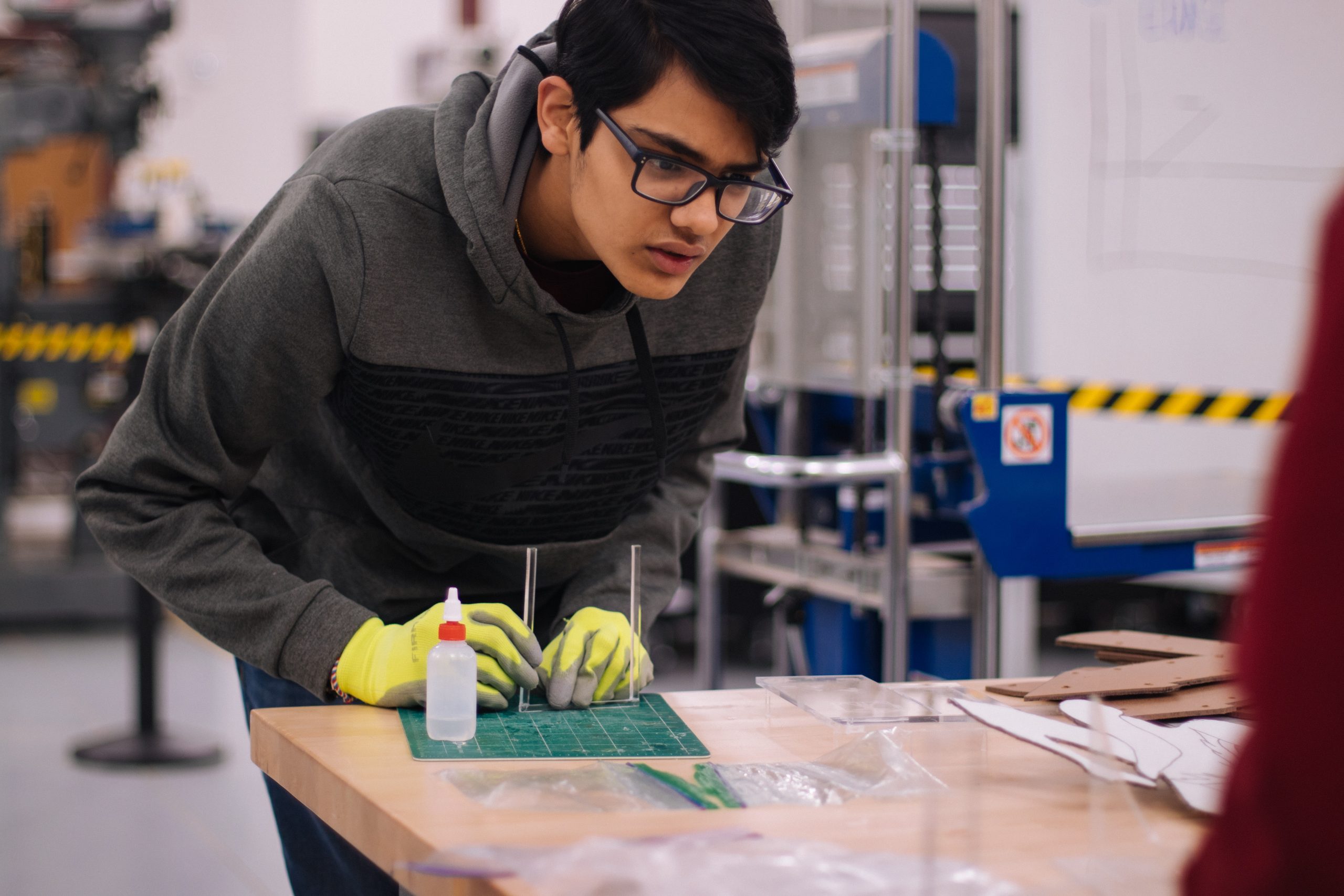
Building Thriving Local Economies by Leveraging the Maker Movement to Close the Skills Gap
Summary
The Federal Government should further invest in, support and scale four existing approaches to building local skills and vibrant, self-sufficient local economies by coupling localities’ needs with workforce development and small-scale manufacturing. This is achieved by scaling local programs and initiatives which harness the Maker Movement, a community-driven, grassroots effort to enable people to design, prototype and manufacture projects, solutions and products.
Specifically, the Federal Government should:
- Leverage makerspaces and Fab Labs as local sites for preparing the current and future workforce through real-world maker-centered learning and Employer Validated Training Programs.
- Build the “MakerNet” to connect employers with skilled talent.
- Cultivate makerspaces as engines for small businesses.
- Launch FabCity America to challenge cities to make what they consume.
By harnessing early successes from across the country, these policy solutions can rapidly stand up localized programs to immediately support more American communities grappling with skills shortages. This need is exponentially more critical in the face of COVID-19, as 80% of U.S. manufacturers have articulated that their business will be financially affected by the pandemic and 53% require a change of operations, including the increased use of automation technologies.
FAS is invested in seeing more students gain science and technology skills and enter STEM careers, both for students and for our country’s competitive advantage.
By investing in the mechanisms that connect learning ecosystems, policymakers can build “neighborhoods” of learning that prepare students for citizenship, work, and life.
Early-career and out-of-state teachers tend to be most heavily concentrated in Alaska’s rural schools, where they face a steep curve in adjusting to a new way of life while learning the ropes of teaching.
The next administration should establish a national, federally-funded initiative to develop a robust and diverse pipeline of STEM talent.